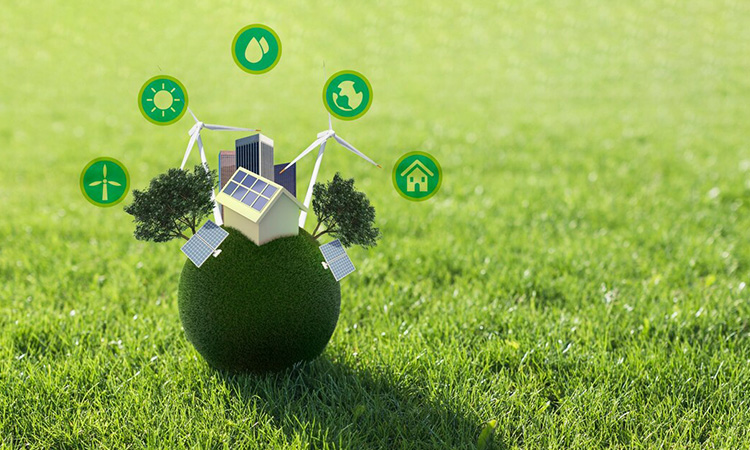In an era where environmental concerns are at the forefront, clean technology, often referred to as cleantech, has emerged as a beacon of hope. This article aims to shed light on what clean technology is, its significance, and how it is shaping our path towards a more sustainable and eco-friendly future.
What is Clean Technology?
Clean technology encompasses a wide range of products, services, and processes that use energy and resources more efficiently and responsibly. It is primarily designed to reduce or eliminate environmental impacts and improve the health of the planet. Examples of clean technology include renewable energy sources like solar and wind power, electric vehicles, energy-efficient appliances, and water purification systems.
The Importance of Clean Technology
The significance of clean technology lies in its potential to address some of the most pressing environmental challenges of our time, including climate change, resource depletion, and pollution. By harnessing clean technologies, we can reduce greenhouse gas emissions, conserve natural resources, and protect ecosystems, all while promoting economic growth and development.
Key Areas of Clean Technology
1.Renewable Energy
Renewable energy technologies like solar panels, wind turbines, and hydroelectric power are pivotal in reducing dependence on fossil fuels. They offer a sustainable and inexhaustible source of energy, significantly cutting down carbon emissions.
2.Energy Efficiency
Improving energy efficiency is another crucial aspect of clean technology. This can be achieved through advanced building materials, smart appliances, and energy management systems that reduce energy consumption in homes, businesses, and industries.
3.Sustainable Transportation
Electric and hybrid vehicles, along with improved public transportation systems, are essential in reducing emissions from the transportation sector. Innovations in battery technology and charging infrastructure are making sustainable transportation more accessible and practical.
4.Waste Management
Advances in waste management, including recycling and composting technologies, are crucial in reducing landfill waste and pollution. These technologies enable the recovery of valuable resources and their reuse in various industrial processes.
The Role of Innovation and Policy
The advancement of clean technology is heavily reliant on continuous innovation and supportive policies. Governments and businesses are increasingly investing in research and development of cleantech solutions. Incentives, regulations, and public awareness campaigns play a vital role in accelerating the adoption of clean technologies.
Clean technology is not just a tool for environmental protection; it’s a pathway to a sustainable, prosperous, and healthy future for our planet and its inhabitants. By embracing and investing in cleantech, we can build a world where economic growth and environmental sustainability go hand in hand, ensuring a better world for future generations.
Next On Your Reading List:


